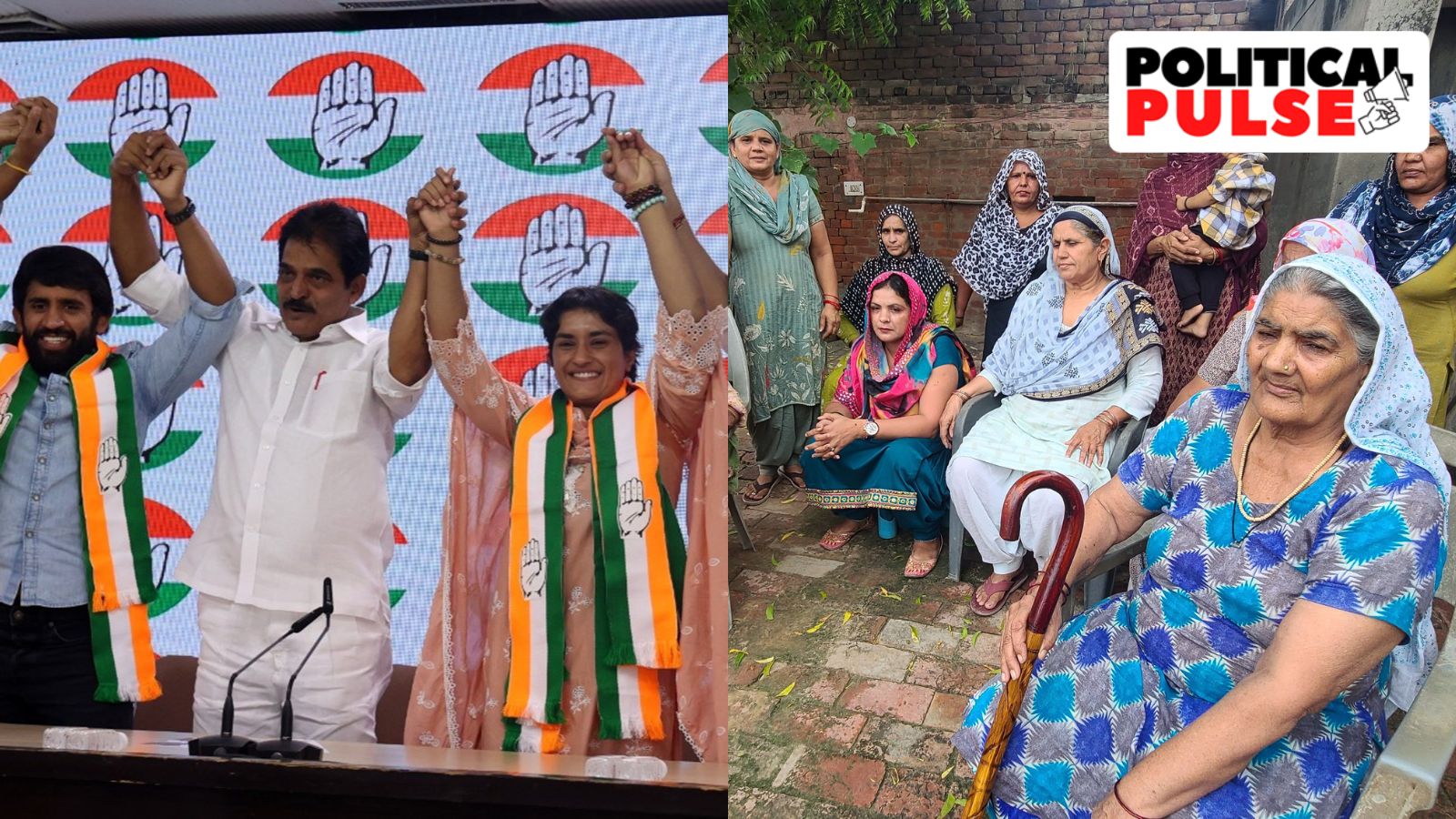 |
|
The article explores the upcoming election campaign of Vinesh Phogat, a renowned Olympic wrestler, who has been fielded by the Congress party as their candidate for the Julana constituency in Haryana. The village of Bakhta Khera, home to Phogat's husband Somvir Rathee's family, is buzzing with excitement and pride over her candidacy, highlighting the unique intersection of sports, politics, and local community dynamics in this story.
Phogat's visit to Bakhta Khera is anticipated with much fanfare. The Rathee Khap, a local clan, will honor her with a 100-gram gold medal, while the Chaugama Khap will award her Rs 1.81 lakh. This underscores the strong sense of local pride and the belief that Phogat's success will bring recognition and honor to the village. The villagers, particularly the women, see Phogat's foray into politics as a powerful symbol of empowerment and a sign that women can achieve success in diverse fields beyond sports and education.
There is a distinct sense of hope and expectation within the village that Phogat's win will inspire other women in the community to pursue their ambitions in politics. Poonam Rani, a relative of Phogat and the village sarpanch, emphasizes this sentiment, stating that Phogat's success would send a powerful message to the village girls and women. This belief is further echoed by the village's residents, who express pride in the recognition that Phogat's candidacy has brought to their village.
The article also delves into the political dynamics surrounding Phogat's campaign. The Congress party's decision to field Phogat has generated some controversy and potential infighting within the party, as other aspiring candidates who had been working in the constituency for years feel sidelined. The JJP, the incumbent party, expects this internal conflict to benefit their own candidate, Amarjeet Singh Dhanda. However, Congress leaders believe that the strong support from the Jat community, to which Phogat belongs, could give her a significant advantage in the election.
The article concludes with a historical perspective on the Julana constituency, emphasizing its traditionally strong ties with the Chautala family's INLD party. The Congress party's recent victory in 2000 and 2005 is highlighted, suggesting a potential shift in political dynamics. With Phogat's candidacy, the upcoming election promises to be a closely contested battle, reflecting the complex interplay of local sentiments, political allegiances, and the aspiration for change within the Julana constituency.
